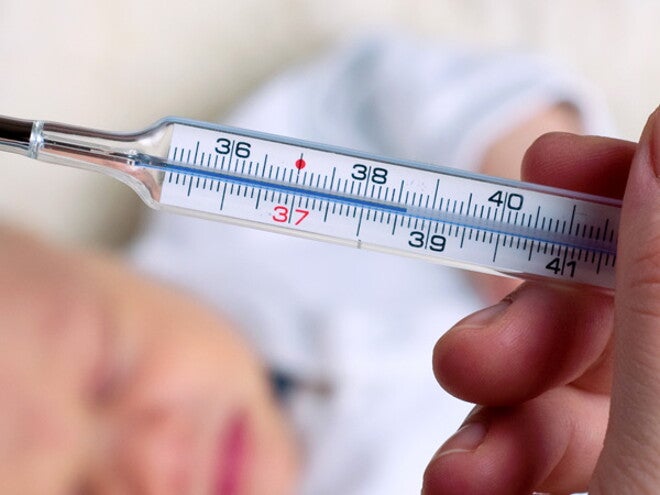
Baby’s temperature
Baby’s temperature
The normal temperature of a healthy infant varies between 36–37°C. A slight rise in temperature may be due to a cold or a mild digestive upset. The baby’s general appearance and behaviour is your guide.
- If he is feverish and looks ill, consult your doctor. In the meantime, do not overheat your baby with too many clothes and blankets. Leave him uncovered until you have received advice.
- Convulsions due to high temperature are not likely to occur within the first year of life. The most common age for convulsions is between 18 months and three years.
- In the first year, a baby may be ill with or without a temperature.
- Watch his feeding pattern – he usually refuses to eat if ill.
- When a temperature develops, encourage him to take liquids.
Related articles
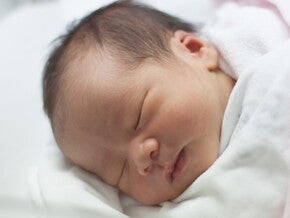
Hospital stay and going home
The average stay in hospital is about three days, if there are no complications. Use the time to rest and gather as much information as possible.
1 min to read
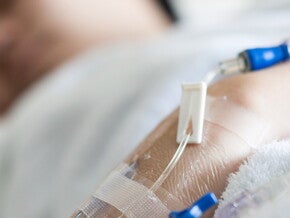
Your body
After the birth your body undergoes rapid physical and hormonal changes.
4 mins to read
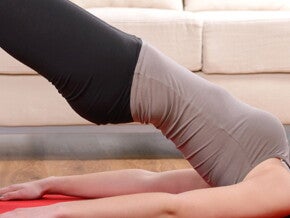
Postnatal exercise progressions
Check your basic progressive exercise programme with your caregiver.
5 mins to read

Baby Thrush
Thrush is a fungal infection and can be found in your baby’s mouth, nappy area or under the chin. The fungus lives on the skin and usually causes no harm, but when conditions are favourable,&n
2 mins to read

Check-up
A general physical and gynaecological examination is advised 4–6 weeks after delivery to assess your recovery and the return of your body to its non-pregnant state.
1 min to read
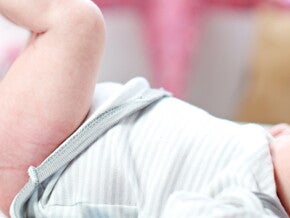
Stools
A baby’s bowels usually work within the first 24 hours after birth. The first stool, meconium, is blackish-green and sticky, with no smell.
2 mins to read
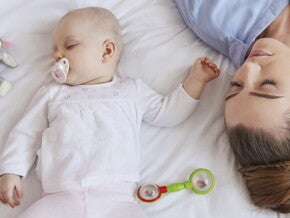
Getting baby to Sleep & fighting fatigue
Getting enough sleep during the first months of your baby’s life means adjusting to your own new sleep habits and those of your baby.
5 mins to read

The Apgar score
Apgar:
A system of evaluating a newborn’s physical condition by assigning a score (0,1, 2) to each of the following criteria:
5 mins to read
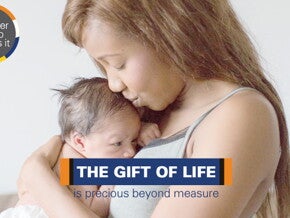
Breastfeeding Videos
A Breastfeeding experience which is enjoyable and beneficial to both mom and baby depends on a relaxed, well-nourished mother who approaches this experience positively and with confidence.&nb
5 mins to read

Foundation of life
Breastmilk is uniquely designed for each individual baby!
5 mins to read
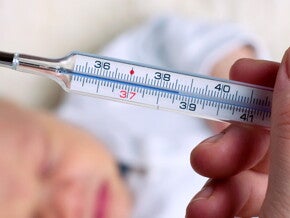
Possible problems
If you are ever concerned about your baby’s health, behaviour or development, consult your doctor or clinic sister. It is better to be safe than sorry.
5 mins to read
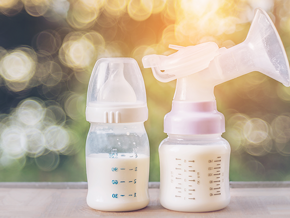
Baby bottle feeding equipment
you have decided to bottle feed your baby
1 min to read
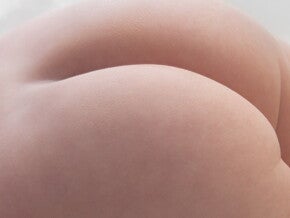
Rashes
A young baby’s skin passes through many phases, from clear to spotty (rash), to peach-like. This may be due to the transition from a protected environment in the womb to the outside world.
5 mins to read

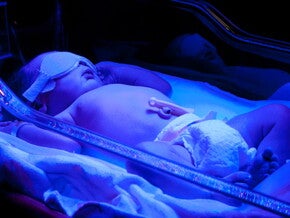
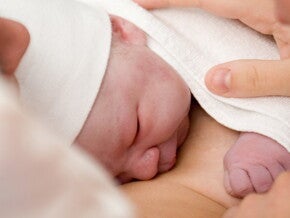
My newborn
Parent-infant interaction
Interaction with your baby begins before she is born. You usually feel life at about 20 weeks into pregnancy as light, fluttering sensations.
5 mins to read
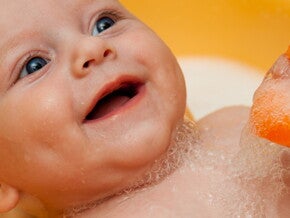
At Four Months
Baby is growing and getting excited about, well, just about everything. Especially playtime and all the things hands can touch. Hands are so fascinating!
5 mins to read
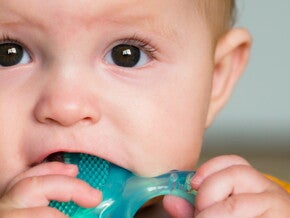
Teething
First teeth! Consult your dentist about fluoride for your child’s teeth. Until a child learns to brush his teeth, the mother must clean them for him.
5 mins to read

At Five Months
He starts to roll over from his tummy onto his back.
5 mins to read